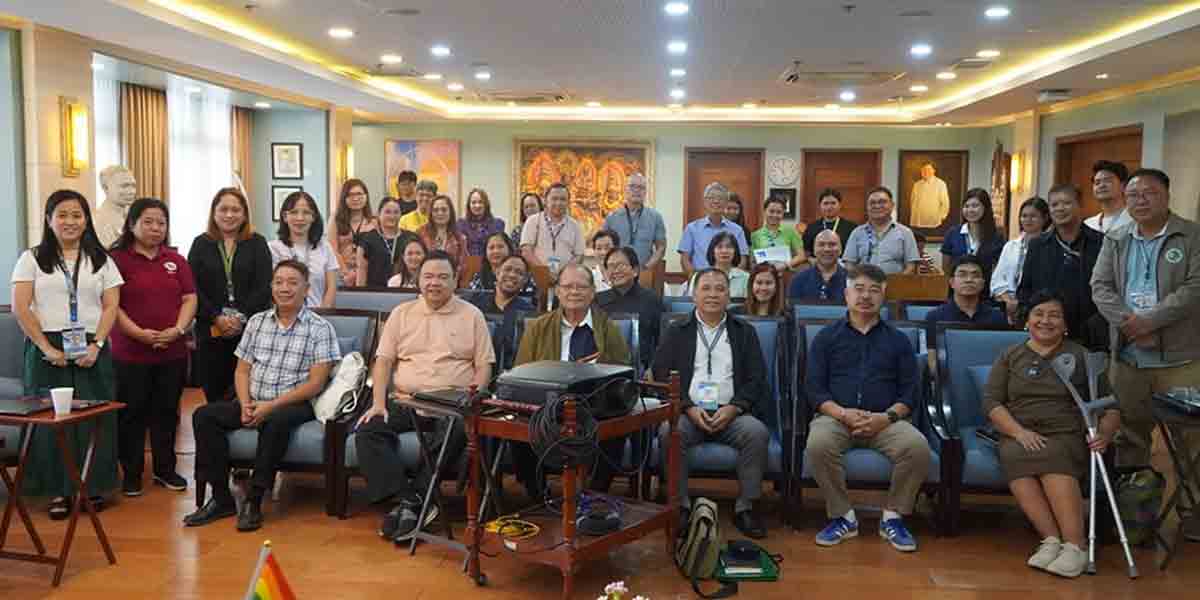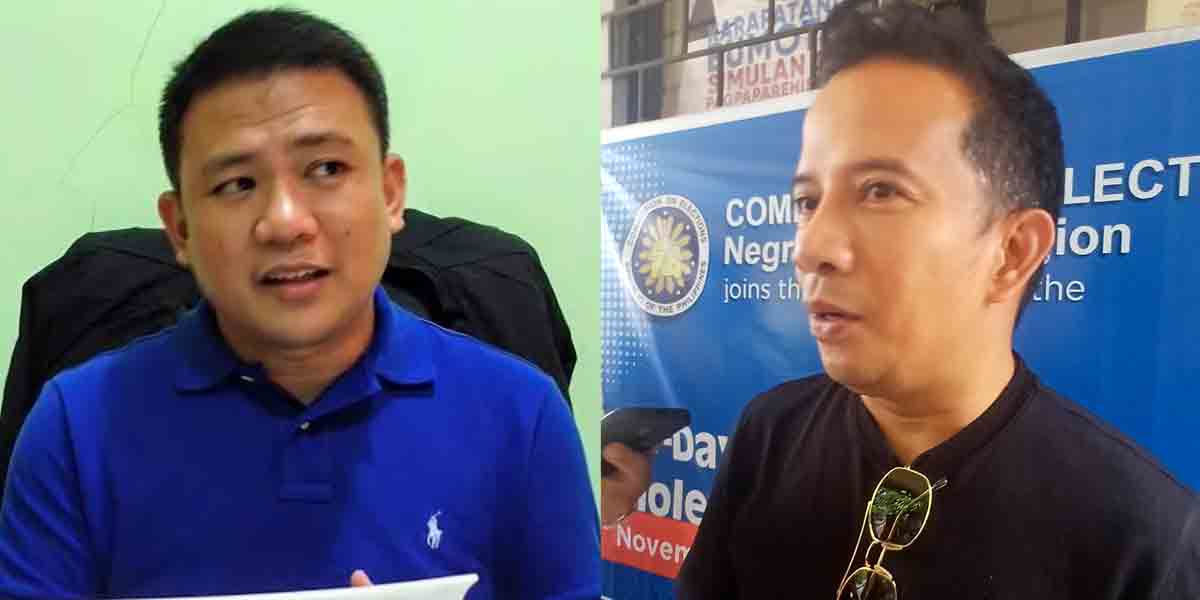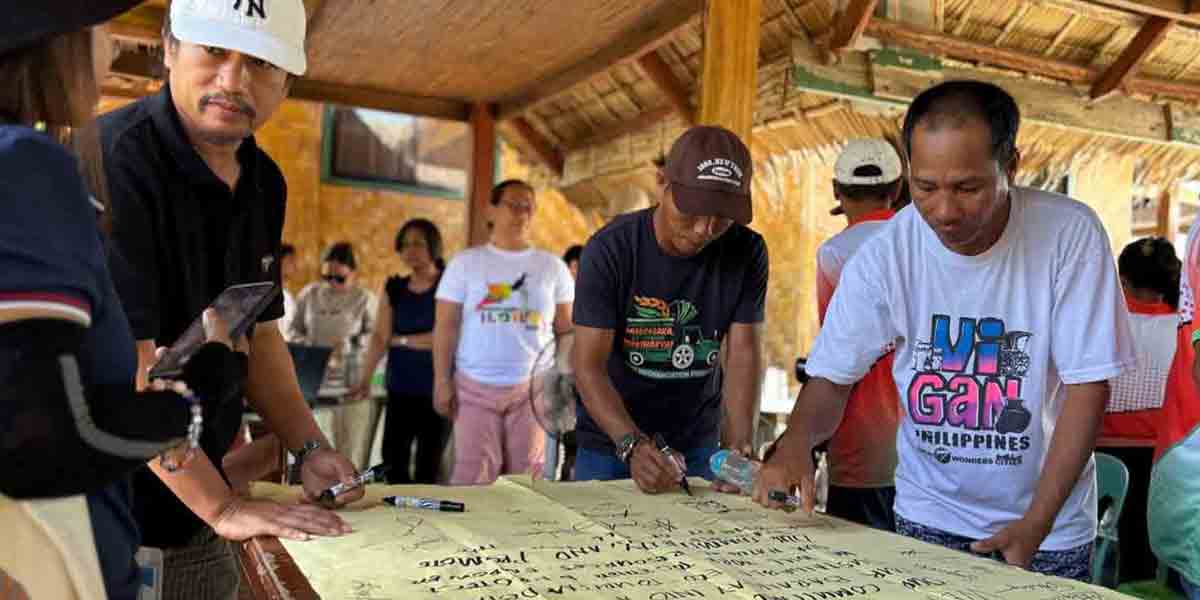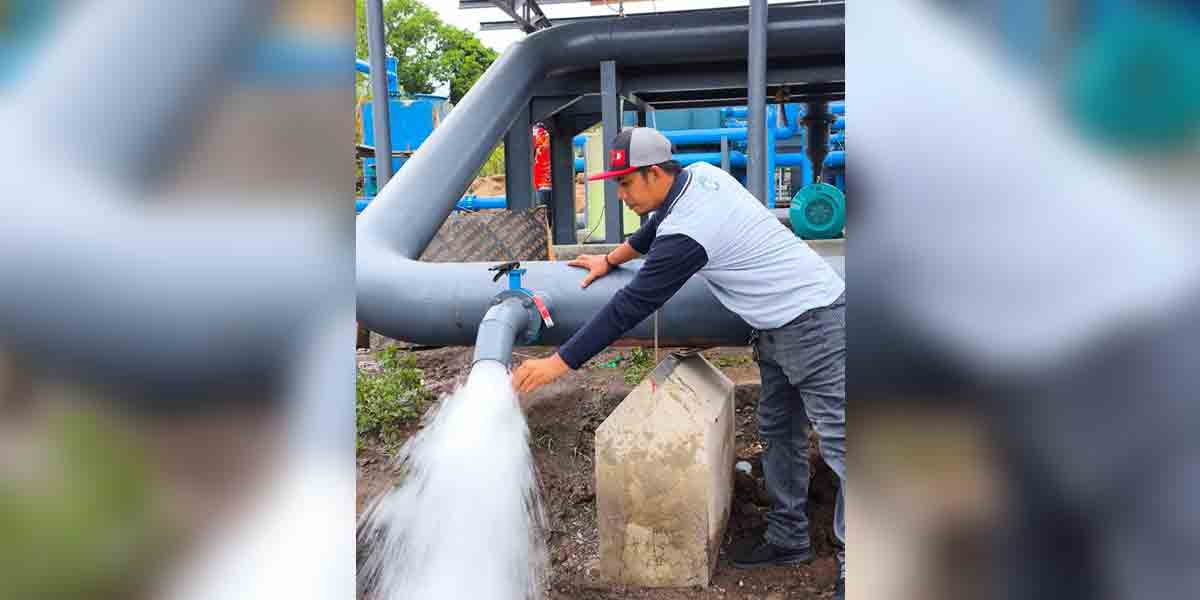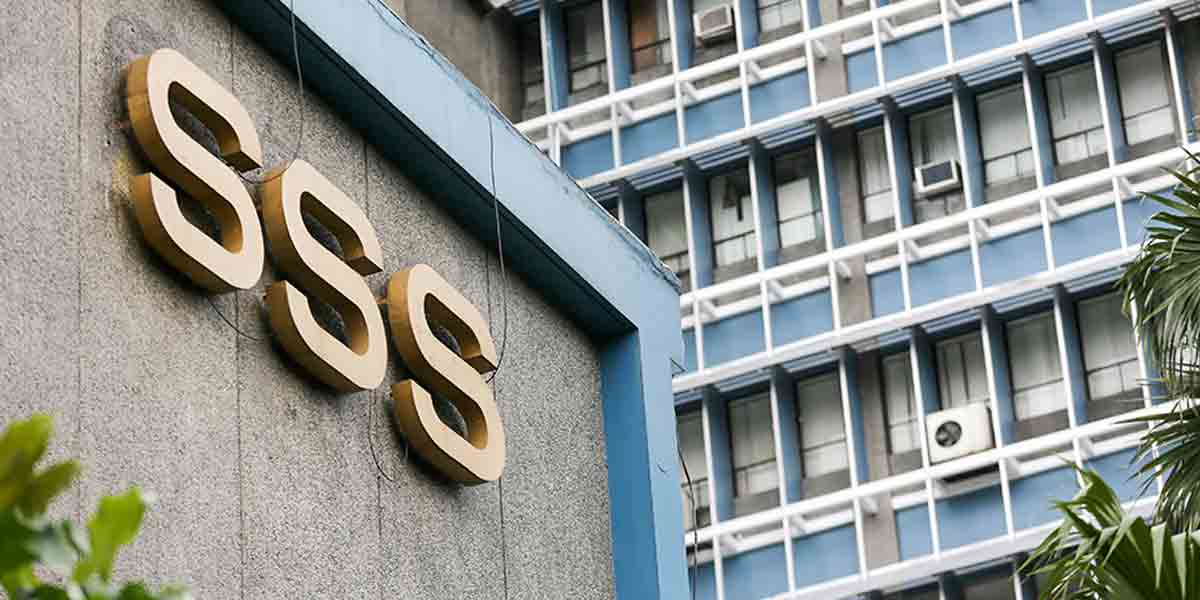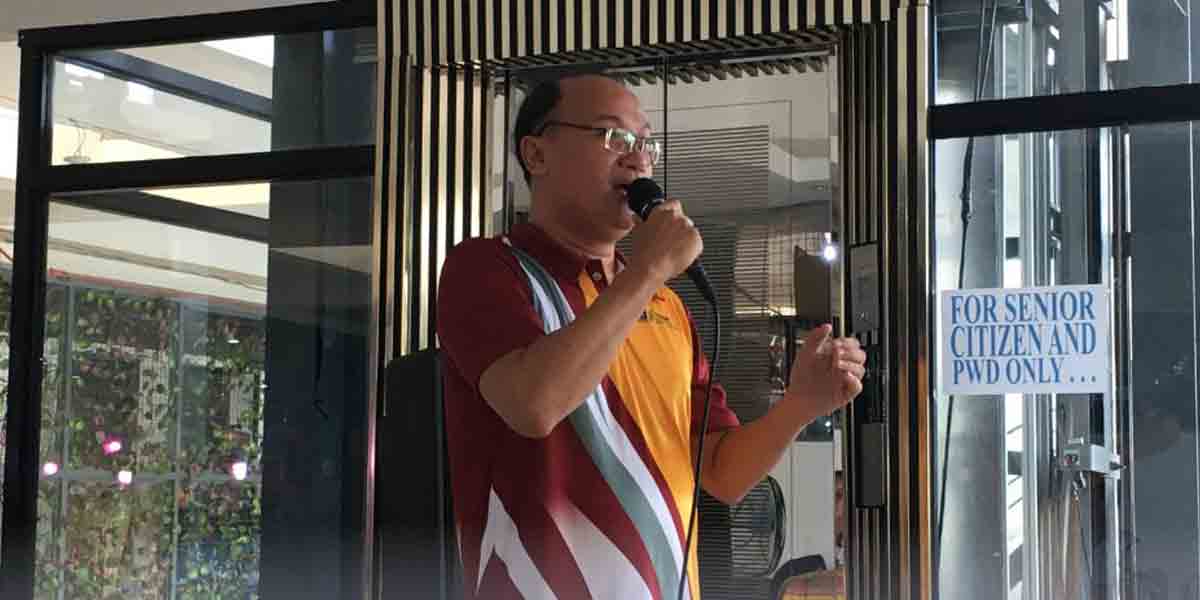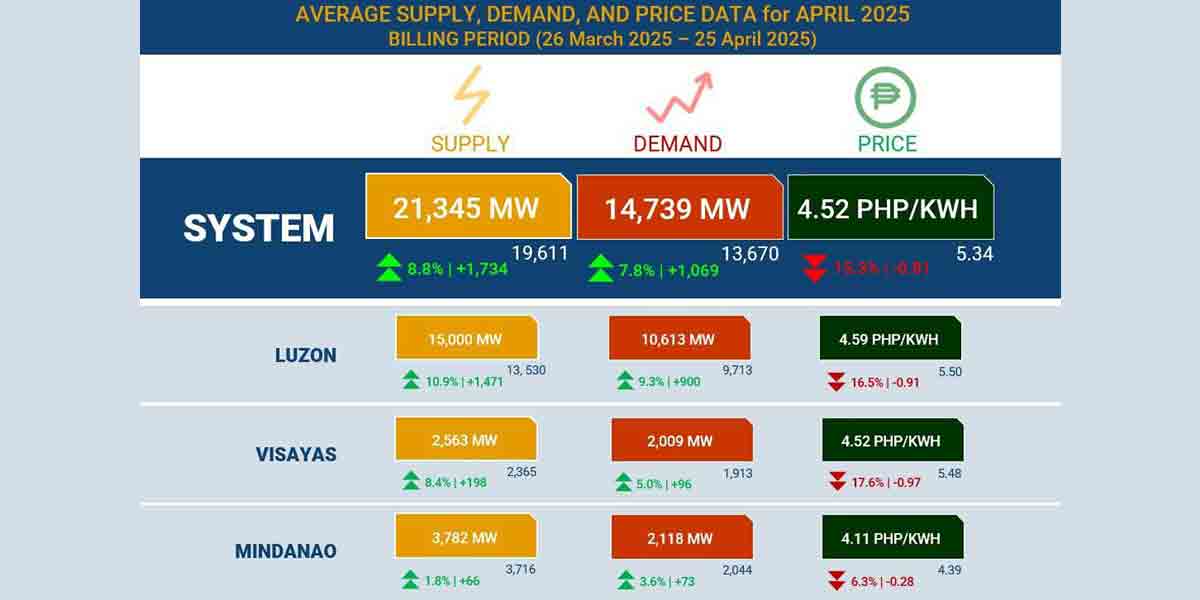Finance Secretary Benjamin Diokno underscored the critical role of sustainable finance in driving the country’s shift to climate change adaptation and mitigation practices.
“Climate change is the greatest threat facing humanity today. With its devastating social and economic impacts, it requires urgent action from all levels of society,” said Secretary Diokno at a virtual sustainability forum organized by Eco-Business – a sustainability media and business intelligence company.
Secretary Diokno cited how the country has incurred losses and damages amounting to USD10 billion over the past decade due to climate-related hazards despite contributing only 0.3 percent of the world’s greenhouse gas emissions.
“Clearly, climate change is a daily reality in the Philippines. We are therefore determined to be a world leader in this fight against the crisis,” said Secretary Diokno.
The government formed the Green Force that is co-led by the Department of Finance (DOF) and the Bangko Sentral ng Pilipinas (BSP) to synergize public and private investments in greening the business landscape and mainstreaming climate change through the financial sector.
Earlier this year, the government launched the Philippine Sustainable Finance Roadmap, which strategically lays out the country’s action plan to mobilize financing for climate action initiatives, facilitate investments in climate-resilient public infrastructure, and develop projects that promote sustainable development in the country.
The country also recently issued its first-ever sustainability global bonds worth USD1 billion, and sustainability samurai bonds worth USD600 million.
The Asian Development Bank (ADB) has also extended to the Philippines its first-ever climate change policy-based financing worth USD250 million, making the country one of the pioneers in climate policy development financing.
Secretary Diokno also cited the government’s collaboration with the ADB and private sector partners in developing the Energy Transition Mechanism project, which is the largest emission mitigation program in the world.
“The Energy Transition Mechanism project will help us accelerate the retirement of coal and quicken our transition to clean energy. This comes after the government imposed a moratorium on new coal plants in October 2020,” Secretary Diokno explained.
In April 2021, the government committed to reduce greenhouse gas emissions by 75 percent by 2030 as its first-ever nationally determined contribution or NDC.
In the same year, the government signed a Memorandum of Understanding on the ASEAN Low Carbon Energy Programme.
“This Programme will be instrumental in our bid to promote inclusive economic growth and reduce poverty incidence in the country through increased green finance flows for low carbon energy and increased energy efficiency,” Secretary Diokno explained.
Secretary Diokno said that the Marcos administration will continue to put climate action at the front and center of the country’s pursuit of a robust, sustainable, and twenty-first century economy.
He added that the administration’s legislative priorities will promote environmental sustainability to address climate change.
The DOF is proposing the imposition of excise tax on single-use plastics. There is also an ongoing study on the imposition of a carbon tax in the country.
Secretary Diokno said that businesses must boldly take the lead in embracing sustainability and mainstreaming climate action in society.
“We will not sit idly by as the planet burns – and with it, our people and the gains we have fought tooth-and-nail for. We intend to take all the necessary steps now and act decisively for the good of our people, our economy, and our planet,” said Secretary Diokno.

